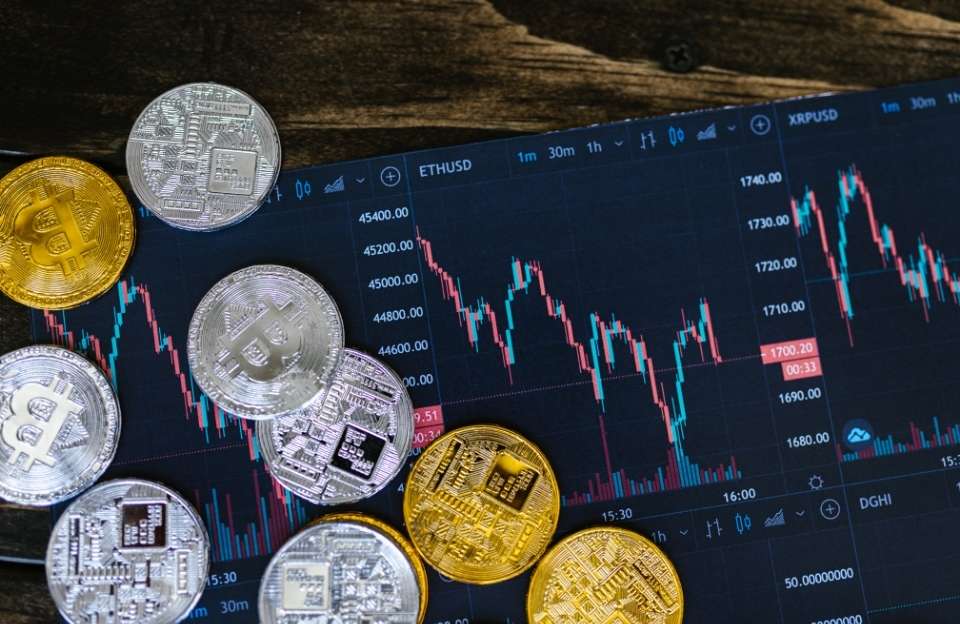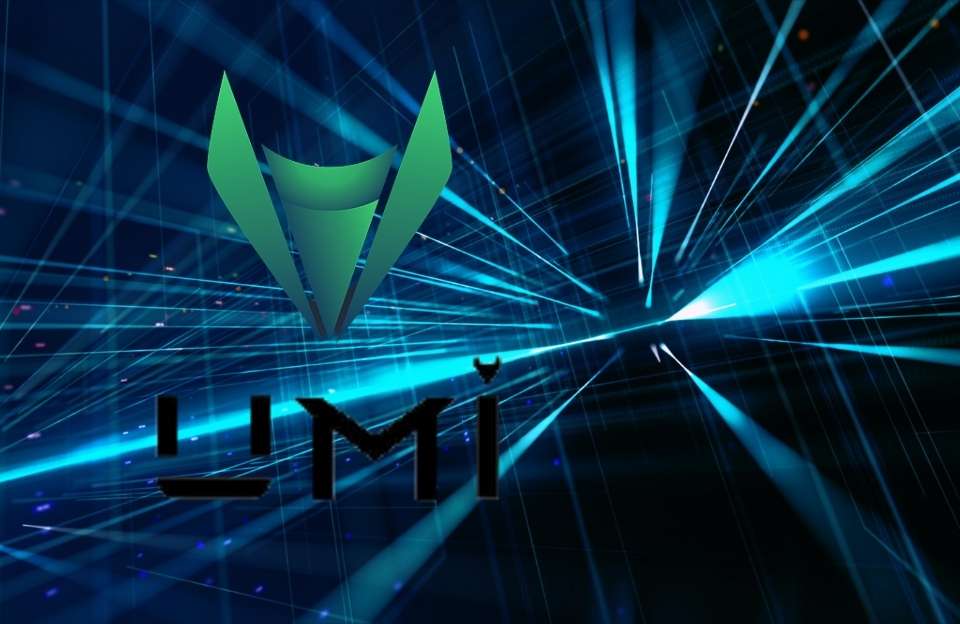Luis Clark
- Home
- /
- South Africa & Crypto
- /
- Crypto Guides for South...
- /
- Crypto Mining South Africa...
Crypto Mining South Africa Explained: Guide
Luis Clark

Africa has a booming Bitcoin mining industry. The African continent has some of the biggest mining pools, and an increasing number of African businesses are entering the sector. While the majority of African nations have not yet accepted Bitcoin and other digital currencies as a means of payment, there is a growing movement towards acceptance.
Bitcoin and other cryptocurrencies Proof-of-Work (PoW) is created by the mining process and verifying transactions involving those coins. It involves huge, dispersed computer networks that secure and validate blockchains, which are electronic ledgers that track Bitcoins, for example.
For using their computing power, computers on the network are rewarded with new coins. It’s a virtuous circle: miners protect the network’s security, the blockchain pays out coins, and the coins encourage miners to maintain the network’s security.
In this crypto mining South Africa Guide, you will understand the process of mining Bitcoin, how to do it and if is worth mining Bitcoin in South Africa.
How Does Bitcoin Mining Work?

The Bitcoins are created through a process called mining. Bitcoin miners are compensated in BTC when they authenticate Bitcoin transactions. By doing this, a new Bitcoin enters the market. The transaction is entered on a block for the network to validate as part of the confirmation procedure. The current Bitcoin network reward for introducing a new block is 12.5 BTC.
Mining Bitcoin may be complex, though. The mathematical puzzle is referred to as a proof-of-work problem or hash function.
At the core of a proof-of-work mechanism consists a network of volunteers, more commonly referred to as “miners”. These miners add new blocks to the network after verifying transactions. Miners compete to find the solution to a difficult mathematical puzzle to gain the right to validate transactions. The chance to validate is given to the miner who arrives at a solution first and can demonstrate that they have used a specified amount of computational power. After validating all new transactions and adding a block to the blockchain, the miner is rewarded with the native cryptocurrency. It means that a new block is added to the blockchain when a miner solves a puzzle.
To solve problems, miners need computing power, which necessitates equipment like GPUs or ASIC miners, which are application-specific integrated circuits. Hence, the more influential the miner is, the more guesses it can make per second to solve the puzzle.

A miner’s efficiency is measured by its hash rate. As a result, mining equipment with more power has a higher hash rate than gear with less power. A high hash rate from miners makes the Bitcoin network more secure.
The puzzle’s difficulty changes depending on how many miners are on the network. Since the network needs to continue producing blocks on average every ten minutes, the difficulty increases as the number of miners rises. Miners must therefore increase their computing power, and the difficulty reduces as the number of miners on the network decreases.
Miners have three important jobs: helping create new Bitcoin, checking Bitcoin transactions, and protecting the network. Up until now, miners have already dug up more than 18 million BTC, leaving just under three million coins before reaching the complete supply of 21 million.
Bitcoin mining is open to anyone in the world but is it worth it? You can find it out continuing reading this guide.
Bitcoin Mining Starter Kit

By now, you may have the basic knowledge of how Bitcoin mining works; you must be wondering what you need to start Bitcoin mining in South Africa. Here is what you require:
- Mining Hardware: Since Bitcoin mining is becoming highly competitive, you need powerful hardware to mine profitably. An ASIC miner with a hash rate of 73TH/s, such as the Antminer S17, is the most powerful mining hardware available. Once mining hardware is acquired, it has to be powered by electricity.
- Bitcoin Wallet: Your Bitcoin rewards will be stored in your Bitcoin wallet. Trezor is a good example of an offline Bitcoin wallet, but you have plenty of options these days.
- Mining Pool: Bitcoin mining in South Africa can be more profitable if you join a mining pool with a high hash rate. A prime example of a top mining pool is BTC.com.
- Electricity: Bitcoin mining consumes a significant amount of energy. As a result, you must mine in an area with cheap electricity prices.
- Mining software: Mining software is not offered by all the mining pools. Hence, you will need software that is appropriate for your mining rig. For example, CG Miner.
Once you have acquired the above-mentioned items, connect your miner to an electricity supply and your computer. Open your mining software and enter your mining pool’s log-in details. After this, you are all set to start mining Bitcoins.
Is it Worth it to Mine Bitcoin at Home?

Small-scale Bitcoin mining is no longer profitable unless you have access to extremely cheap electricity. Therefore, you must join a mining pool with a high hash rate in order to profitably mine Bitcoin at home. A mining pool’s total hash rate increases the probability of solving the mathematical problem and earning a reward.
Members of a pool who successfully solves the puzzle are rewarded with an amount based on their hash rate contribution.
Though some of the largest mining pools do not welcome new members, joining them can be challenging. The few remaining mining pools are small and may not even be lucrative. So, is home Bitcoin mining profitable? Most likely not. But under the right conditions, it could be.
Is Bitcoin Mining in South Africa Profitable?

The following factors impact whether mining Bitcoins in South Africa is profitable:
- Electricity Cost: According to global 2018 electricity costs, South Africa has electricity prices of $0.09 per kWh. However, according to a report by Elite Mining, electricity cost in Burma and Egypt are the lowest at $0.02 per kWh. The chance of making money from Bitcoin mining increases if you can lower your electricity prices.
- Hardware Cost: Whether you turn a profit or a loss will depend on the price of your mining device. Powerful miners are typically expensive.
- Mining Difficulty: Because the mining difficulty has been increasing over time, it is hard to forecast how challenging it will be to mine Bitcoin in the future.
- Miner’s Hash Rate: A miner with a high hash rate increases the chances of solving the mathematical puzzle.
- Mining Pool Fees: If you participate in a mining pool, the mining pool fees will be deducted from your total profits. However, some pools only request a subscription from their members instead of charging a fee.
- Bitcoin Price: The number of miners who participate changes as the price of Bitcoin changes. The rise and fall of Bitcoin’s price affect the number of participating miners. For instance, the market rebound in the middle of 2019 led to an increase in Bitcoin miners.
- Power Consumption: Miners consume different amounts of energy. Therefore, before investing in a specific miner, you should determine profitability of the miners.
- Bitcoin Reward Per Block: Every four years, the amount of Bitcoin that miners receive per block halves. The next halving took place in 2020.
Bitcoin mining in South Africa can only be profitable if the costs involved, such as electricity and hardware, are lower than the profits earned. To ensure your earnings are not negatively affected, it is advisable to choose a mining pool that offers both profitability and a minimal fee.
The profitability a miner makes on any given day is ultimately determined by whether cheap electricity is available to cut down on the power costs. There are several online calculators available that ascertain profitability. Over time, electricity expenses can quickly mount up and reduce earnings. Finding the best place to build a mining rig might be a difficult choice.
The most profitable miners maintain a high computing output while keeping hardware and power costs down, increasing their likelihood of earning more cryptocurrency. Any returns that are earned may then -need to be taxed. The government can demand proof of earnings even if returns are uncertain and can change. Depending on the miner’s location, this will change.
Final Thoughts
Is it worthwhile to mine Bitcoins in South Africa? It is a complex topic with no straightforward solution. There may be many factors that need to be taken into account, some of which are unpredictable. Hence, your earnings could fluctuate either way. However, factors such as the increasing cost of ASIC miners, the mining difficulty, and the halving of the block reward in 2020 make Bitcoin mining look less and less lucrative.
Our extensive analysis of the South African Crypto Space doesn’t stop here. You can also check out our Guide on how to buy NFT in South Africa.
FAQ
Most frequent questions and answers
South Africa is one of the most prominent players in African Bitcoin mining, and the nation is home to Bitfarms, a sizable Bitcoin mining company that runs a number of mines there. One of the biggest cloud mining firms globally, Genesis Mining, is also based in South Africa.
To turn Bitcoin into cash and then transfer it to a bank account, you can use an outside exchange broker. Your Bitcoins will be converted into cash at a predetermined rate by these third parties. It is both easy and safe.
The process to include cryptocurrencies in the regulations is underway. Even if the Financial Services Conduct Authority (FSCA) hasn’t yet implemented any regulations, the regulator’s attitude toward crypto legislation has changed to the point that we can now anticipate the creation of some sort of regulatory framework in the not too distant future. On June 11, 2021, the Intergovernmental Fintech Working Group (IFWG) released a position paper on crypto assets, reiterating that they will be subject to South African regulatory oversight.
The average time to mine one Bitcoin is about 10 minutes; however, this applies only to powerful machines. The speed of mining depends on what type of Bitcoin mining hardware you are using.
As the crypto industry is rather new, SARB has stated that it is in the process of coming up with a new set of rules that could allow its clients to transfer funds abroad. According to SARB, it is prohibited for crypto users to send money abroad until the regulation is fully established.
Yes, the profit margin is based on the cost of the electricity you use. Profits increase when electricity costs decrease. The profit varies depending on the cryptocurrency that’s being mined and many other factors.
Higher RAM does not imply a better mining performance, so the recommended RAM ranges from between 4GB and 16GB of RAM.
Yes. Back then, new Bitcoin miners could easily earn 50 BTC every 10 minutes by mining from the comfort of their bedrooms. That’s ten times more than there are now! And if you managed to mine just one of those first Bitcoin blocks and kept the BTC since 2010, you would have $450,000 worth of Bitcoin in your digital wallet.
NFT can be bought and sold on any NFT marketplace, including OpenSea and Rarible.
Skrumble.com provides all its content for informational purposes only, and this should not be taken as financial advice to buy, trade, or sell any investment instruments or products, including but not limited to cryptocurrencies, or use any specific exchange. Please do not use this website as investment advice, financial advice, or legal advice, and each individual’s needs may vary from that of the author. Investing in financial instruments, including cryptocurrencies, carries a high risk and is not suitable for all investors. It is possible to lose the entire initial investment, so do not invest what you cannot afford to lose. We strongly advise conducting your own research before making any investment decisions. This post includes affiliate links with our partners who may compensate us.
To view our privacy policy read here.






